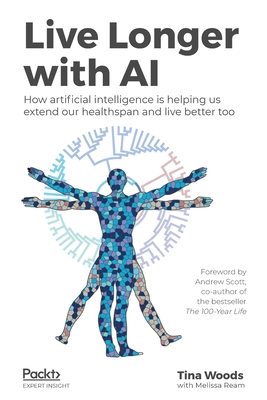The Human Disease: How We Create Pandemics, from Our Bodies to Our Beliefs
Sholts, Sabrina, Bunch, Lonnie G.
- 出版商: MIT
- 出版日期: 2024-04-09
- 售價: $1,300
- 貴賓價: 9.8 折 $1,274
- 語言: 英文
- 頁數: 352
- 裝訂: Hardcover - also called cloth, retail trade, or trade
- ISBN: 026204885X
- ISBN-13: 9780262048859
海外代購書籍(需單獨結帳)
相關主題
商品描述
How the very fact of being human makes us vulnerable to pandemics--and gives us the power to save ourselves. The COVID-19 pandemic won't be our last--because what makes us vulnerable to pandemics also makes us human. That is the uncomfortable but all-too-timely message of The Human Disease, which travels through history and around the globe to examine how and why pandemics are an inescapable threat of our own making. Drawing on dozens of disciplines--from medicine, epidemiology, and microbiology to anthropology, sociology, ecology, and neuroscience--as well as a unique expertise in public education about pandemic risks, biological anthropologist Sabrina Sholts identifies the human traits and tendencies that double as pandemic liabilities, from the anatomy that defines us to the misperceptions that divide us. Weaving together a wealth of personal experiences, scientific findings, and historical stories, Sholts brings dramatic and much-needed clarity to one of the most profound challenges we face as a species. Though the COVID-19 pandemic looms large in Sholts's account, it is, in fact, just one of the many infectious disease events explored in The Human Disease. With its expansive, evolutionary perspective, the book explains how humanity will continue to face new pandemics because humans cause them, by the ways that we are and the things that we do. By recognizing our risks, Sholts suggests, we can take actions to reduce them. When the next pandemic happens, and how bad it becomes, are largely within our highly capable human hands--and will be determined by what we do with our extraordinary human brains.
作者簡介
Sabrina Sholts is the curator of biological anthropology at the Smithsonian's National Museum of Natural History, where she developed the major exhibit Outbreak: Epidemics in a Connected World. She has also served as a scientific commissioner for a related exhibition at the Musée des Confluences in Lyon, France.











